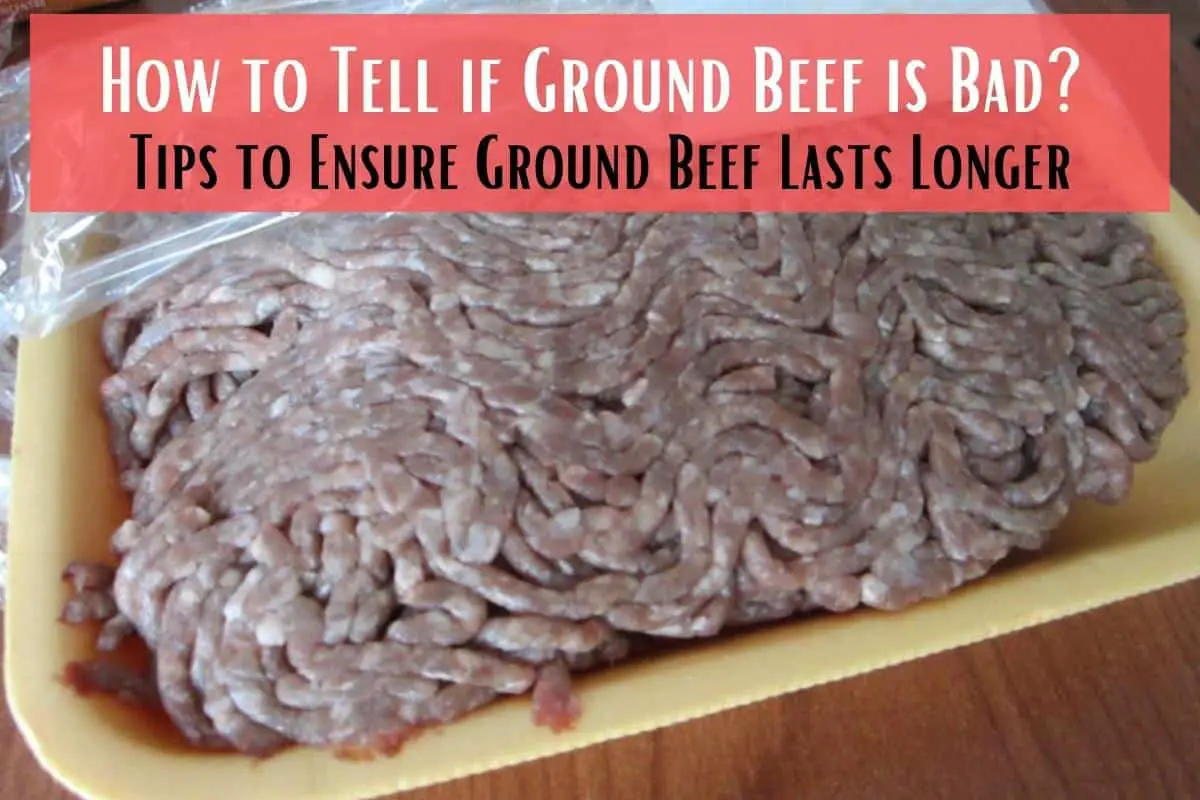PayPal Credit is like a credit card, without the plastic. Its a credit limit thats attached to your PayPal account which you can use for your online purchases. 0% interest for 4 months is available on single transactions of £99 or more. Find out more.
Credit subject to status. Terms and conditions apply. YorkTest acts as a broker and offers finance from a restricted range of finance providers.
PayPal Credit is a trading name of PayPal (Europe) S.á.r.l et Cie, S.C.A, 22-24 Boulevard Royal L-2449, Luxembourg.
Ground beef is a versatile ingredient used in many delicious dishes like hamburgers meatballs and tacos. But if you’ve ever felt stomach pain or discomfort after eating ground beef, you’re not alone. There are several reasons why ground beef can aggravate the stomach and digestive system. Let’s take a closer look at the science behind why ground beef may be hurting your stomach.
It’s Harder for Our Bodies to Digest Beef
One of the main reasons ground beef can cause stomach issues is that meat protein, especially red meat like beef, is harder for the human body to break down and digest compared to other foods
Protein digestion begins in the stomach where gastric acids and enzymes start breaking down large protein molecules into smaller particles. This continues as food moves into the small intestine, where more enzymes from the pancreas and intestines complete the protein breakdown process into individual amino acids.
But the dense protein structure in beef takes longer to break down compared to lighter proteins like fish, eggs or dairy. If protein breakdown is incomplete, larger particles can irritate the stomach lining and cause discomfort.
Plus, some people simply produce lower levels of the digestive enzymes needed to properly metabolize beef. This can result in undigested protein lingering in the stomach and intestines, potentially causing stomach pain.
The High Fat Content Plays a Role
Another factor that contributes to ground beef’s impact on the stomach is its high fat content. Ground beef typically contains around 20% fat, whereas chicken breast for example has only about 3% fat.
High-fat foods like ground beef take a longer time to digest and leave the stomach. The fat causes the stomach to empty more slowly, which can lead to a feeling of fullness, bloating, and even nausea.
The longer ground beef sits in the stomach undigested, the more likely it is to cause discomfort and pain. People with conditions like acid reflux or gastritis often find fatty foods aggravate their symptoms.
Preservatives and Additives May Be Irritating
Some types of processed ground beef contain preservatives or additives to improve color and extend shelf life. Examples include nitrites, phosphates, and citric acid.
While these compounds are generally recognized as safe, some people may experience stomach irritation with excessive intake. Things like sodium nitrite and sodium nitrate have been shown to increase stomach inflammation and damage in animal studies.
So for sensitive individuals, preservatives and additives used in some ground beef products could potentially exacerbate stomach discomfort.
Low Stomach Acid Impedes Digestion
Proper digestion requires sufficient levels of hydrochloric acid in the stomach. Stomach acid provides the acidic environment needed for protein-digesting enzymes to work optimally. It also helps break down protein and kills any harmful microbes in food.
If someone has low stomach acid, either from aging or certain medications, their body will have a harder time properly digesting ground beef. This can definitely lead to post-meal stomach pain and distress.
Other Factors That Can Worsen Discomfort
Some other things that may amplify stomach problems when eating ground beef include:
-
Eating too fast and not chewing properly
-
Consuming very large portions of ground beef
-
Having a condition like GERD, IBS, gastroparesis or peptic ulcers
-
Pairing ground beef with other hard-to-digest foods
-
Having a food sensitivity or intolerance to beef specifically
-
Eating spoiled or contaminated ground beef leading to food poisoning
Tips to Prevent Stomach Discomfort From Ground Beef
Here are some tips to help reduce the likelihood of stomach pain when consuming ground beef:
-
Choose leaner cuts with less fat
-
Cook ground beef less, just until no longer pink
-
Limit portion sizes to 4-6 ounces
-
Thoroughly chew each bite to aid digestion
-
Take a digestive enzyme supplement before eating ground beef
-
Avoid adding extra fat like oil or thick sauces
-
Consume slowly and avoid drinking fluids during the meal
-
Allow 3-4 hours for digestion before lying down
-
Avoid eating late at night
-
Opt for alternative lean proteins like chicken, fish, or plant-based foods
When to See a Doctor
While minor stomach discomfort after eating ground beef is common, severe or persistent pain could indicate an underlying digestive problem. See your doctor if you experience:
-
Repeated vomiting, nausea, reflux after consuming ground beef
-
Fever, chills or bloody stools
-
Inability to keep any food down
-
Unexplained weight loss
-
Intense abdominal pain that gets steadily worse
-
Pain lasting longer than 3 days
This could signify issues like gastritis, gastroparesis, peptic ulcers, gallbladder disease or pancreatitis. Proper diagnosis is important to determine appropriate treatment and dietary changes for symptom relief.

How healthy is beef?
When consumed in moderation, beef can be a diet staple rich in energy-boosting minerals and nutrients. A lot of nutrients, like zinc, iron, and Vitamin B12, are found in beef. It also has a lot of protein.
Thoughts and reports have been going around lately that red meat may make some diseases worse, like diabetes. It is important to remember that when looking at the health benefits of meat, red meat in particular comes in many forms, and not all of them are healthy.
For example, processed meat like beef burgers, jerky, and bacon goes through different steps to get to the final product. These types of meat are not considered healthy. Because of the way it is processed, processed beef usually has a lot of salt and fat. Chemicals like nitrates are also added.
Unprocessed meat, on the other hand, should be enjoyed as part of a healthy diet. The NHS recommend that you should eat no more than 70g of red meat per day. To give you an idea of how much this number means, a typical breakfast fry-up with two sausages and two bacon rashers has 130g.


0% interest for 4 months with PayPal Credit. Learn more
PayPal Credit is like a credit card, without the plastic. Its a credit limit thats attached to your PayPal account which you can use for your online purchases. 0% interest for 4 months is available on single transactions of £99 or more. Find out more
- Add items to your Basket
- Select PayPal as your payment method at checkout
- You can use PayPal Credit as a payment method or apply for PayPal Credit when you log in to your PayPal account.
Representative 23.9% APR (variable); Purchase rate 23.9% p.a (variable); Assumed credit limit £1200.
Credit subject to status. Terms and conditions apply. YorkTest acts as a broker and offers finance from a restricted range of finance providers.
PayPal Credit is a trading name of PayPal (Europe) S.á.r.l et Cie, S.C.A, 22-24 Boulevard Royal L-2449, Luxembourg.
Find out if you are allergic to 200 food and drink ingredients by taking our most thorough food and drink intolerance* test. Simply take a finger-prick blood sample and return by post for testing. Receive your results within 7 days! No social interaction required.
Optimise your lifestyle with our support, knowing which foods you’re reacting to.
- Discuss your results with a nutritional therapist. One 30-minute consultation included.
- Measures all four subtypes of food-specific IgG
- Simple finger-prick blood test
- Receive expert, accurate analysis from our fully-accredited laboratory technicians
- The results are shown as simple traffic light numbers: high, borderline, and normal reactivity.
- Track your progress with a food and drinks diary
- The customer cannot get this test if they are pregnant or breastfeeding.
What causes a beef intolerance?
Food intolerances have been on the rise in recent years. However, it’s not clear if this is because people are more aware or if there are other factors at play, such as
- Farming practices
- Additives and preservatives
- Stress levels
- Antibiotic usage
Individuals with a beef intolerance have bodies that mistake certain proteins in beef for harmful substances. There are times when small amounts of food get into the bloodstream through the lining of the gut during digestion.
Even though these particles are harmless, the body sees them as foreign bodies. This makes the immune system react, and IgG antibodies are released. The release of these antibodies may trigger inflammation, which can result in the uncomfortable physical symptoms of intolerance.
Why Meat Makes You Feel Sick
FAQ
Why is my stomach sensitive to ground beef?
Why do I feel bad after eating ground beef?
Why is ground beef so hard to digest?
Why does ground beef make me gassy?
Can ground beef cause gastritis?
If left untreated, this condition can literally eat away the lining of your stomach and cause painful peptic ulcers. While ground beef generally doesn’t cause gastritis, there are a few things you should keep in mind when it comes to meat and stomach problems.
Why is meat unhealthy for you?
Meat is actually healthy. What can sometimes make its daily consumption inadvisable are those meats or cuts that have a high percentage of fat. However, they are a great source of proteins of high biological value, iron and B complex vitamins.
Why do I feel sick after eating beef?
If you feel sick to your stomach after eating beef, several potential factors could be to blame. Symptoms including nausea, vomiting, diarrhea, stomach cramps and indigestion could be caused by anything from food poisoning to a new allergy or food intolerance.
Can Beef cause stomach cramps?
Tucking into this food group — which includes beef from cows as well as lamb, pork and processed options like sausage, pepperoni and bacon — may cause belly cramps, nausea, diarrhea and vomiting for some people. But getting to the bottom of this issue can be tricky, as there are several possible reasons for the discomfort.
